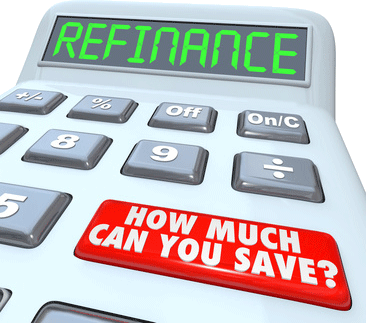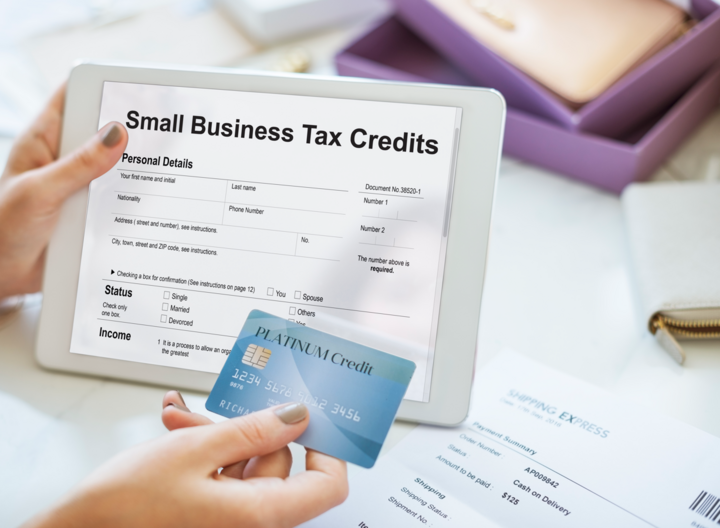Are you thinking about refinancing your home? If you currently have a mortgage on your home, one of the questions that’s probably playing on your mind – given that long term rates remain at historic lows – is, would now be a good time to refinance? Whether it’s with an aim to reduce monthly payments, lower interest rates, take cash out of your home for large purchases, or change mortgage companies, refinancing is not a call that you should take lightly. A wrong decision could hurt you rather than help you.
I was chatting with a friend the other day who has his own formula. He told me that (according to him) as long as there is a reduction in interest rate of at least one percentage point, refinancing is worthwhile. I told him it’s not that simple. Now I’m telling you.
In refinancing, interest rate is not the only important number. Going by my friend’s rule of thumb, you might actually end up paying more to the bank just because you refinanced. (In fairness, it’s not my friend’s area of expertise. However, when it comes to gardening, the man is a genius!)
Here are a few questions to ask yourself in order to make the decision making process easier.
What are the estimated closing costs?
Refinancing often entails additional costs, such as title fees, local taxes, lawyer’s fees and loan-related fees. You should add up these closing costs and determine how many months it will take for your payment savings to recover those costs. For example, if you pay $4,000 in closing costs and save $500 a month, it would take you eight months to recoup your costs. This would make refinancing a good deal only if you plan to stay in your current home for more than eight months. Also, keep in mind that many lenders may offer to refinance with no closing costs. In such cases there are no costs to be paid up-front, but they are usually incorporated into the cost of the loan, either as higher mortgage or addition to the principal.
How long do you plan to stay in your home?
Make a rough estimate of how long you plan to keep the property, calculate what the principal balance would be when you are ready to sell and weigh it against the balance you will have if you don’t refinance. In most cases, the longer you plan to stay, the more advantageous it is for you to refinance.
Would you prefer a longer or shorter mortgage?
If you are already 10 years into a 30-year mortgage and you refinance, you will have to service the mortgage for another 30 years. Take into consideration whether the lower interest rate is worth paying a loan for another 10 years. On the other hand, homeowners nearing retirement may want to refinance into shorter 10-year, 15-year or 20-year mortgages.
Is paying points to lower interest rates a good idea?
One point is equivalent to a fee equal to 1% of the loan amount. Sometimes banks may offer deals in which by paying, say, one point, you could lower your interest rate from say 4.5% to 3.75%. If your loan is for $300,000 this would mean paying $3,000 up-front, but it could greatly reduce your payments over the life of the loan. Again, it heavily depends on how long you plan on keeping your home.
Is it advisable to refinance to pay off debt?
This is usually a long-term, expensive solution to a short-term problem. If you don’t make credit card payments, you won’t lose your house, but if you include that debt in your mortgage and fail to make payments, you may lose your house.
Other than this, before making a refinancing decision, you should also get estimates from several lenders or brokers. A good credit score, and companies like Kaydem Credit Help can assist you with this, will help you to get the best rates. If have any questions about anything in this missive, contact us, and I, or someone on our team, will be happy to help.
Popular Posts
Instantly Pre-Qualify
Want Actionable Information, Tools and Resources To Quickly Acquire Business Capital, Credit and Funding?
I take tremendous pride in building positive and lasting relationships in my businesses and personal life. Every member of my team is committed to helping our clients get the maximum amount of funding possible and achieve their highest growth potential.



 Share
Share









